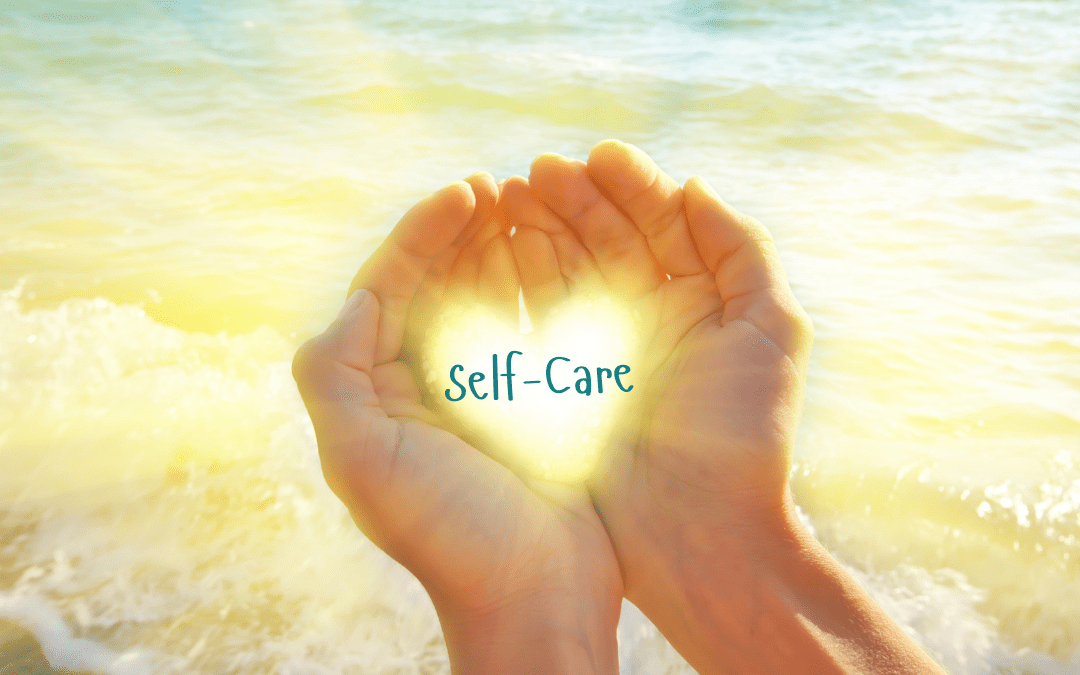Self Care: taking action to preserve one’s own physical, mental, emotional and spiritual health, especially during periods of stress
All of us in the EricsHouse community understand that the unexpected loss of a spouse, child, sibling or other cherished person tears holes in our hearts and souls. All that once seemed solid and predictable – our belief systems, our values, our certainty in the present and our plans for the future – now appear groundless and meaningless.
Dr. Alan Wolfelt refers to this upheaval as the ‘wilderness of grief’. Early grief, in particular, can be extremely tumultuous and chaotic. In addition to having to process the traumatic loss of a loved one in the present, we are left to confront a future that is radically different than we had hoped. It is also likely that if your person was struggling with substance use, mental health issues or overwhelming life stresses, you may have been devoting a great deal of time taking care of that person at the expense of your own health. Consequently, our wilderness journey begins with us feeling lost and depleted. As such, at a time when taking even a small action or making a minor decision seems an impossible task, we need to lay a solid foundation for a self-care routine.
Many of us in early grief may question why we should prioritize self care. We might be lost deep in the dark night of the soul, doubting that we will ever again experience a sense of meaning, purpose or reason for happiness. But if you are reading this, you have found your way to EricsHouse because you are seeking healing and hope for the future.
On a personal level, I can assure you that there is hope. The EricsHouse community, support systems, and resources will help guide you toward this new future. Initially, you may have only enough energy to simply set an intention to maintain your health. Eventually, a routine well-being practice will help you build the strength and endurance that you’ll need on this life-long journey.
Self-care in early grief is straight-forward and uncomplicated. As much as possible, attend to your basic physical needs such as eating regularly and (mostly) healthfully, sleep when you can, shower, and engage in short periods of low-stress movement such as walking or yoga. Spending time outside may be helpful to you. Walking through a park or natural area can be very soothing. Even sitting outside breathing fresh air can help calm anxiety.
Equally important to your physical health are your emotional and spiritual well-being. Likely, you are concerned for other people who were also close to your loved one. You may be attending to their needs as well as your own. Please be kind to yourself and allow yourself the time to sit with your grief as well as the freedom to express it outwardly. You don’t need to concern yourself with societal expectations or time limits regarding your mourning and grieving.
Additionally, (and this may be quite difficult), communicate your needs and ask for help. Most likely, friends and family have said to you, “Let me know what I can do to help” or “Call me if you need anything.” I encourage you to take them up on their generous offers with specific requests for assistance. For example, you could provide friends with a grocery list of items that they could pick up and deliver. Or you could ask for help with yard work and housework. Perhaps you could set a weekly phone date or lunch date with a trusted, good listener. People who want to help will appreciate your specific requests.
When you find yourself ready to move beyond the basics of maintenance, you may be willing to incorporate additional modalities in order to expand your well-being routine. In later articles, we’ll talk about the benefits of various self-care options.
Of course, we don’t look to self-care practices as a fix or cure for our broken hearts. They are, instead, habits and modalities that can help us maintain or improve physical health as well as open our minds to the hope and healing that is possible in our lives moving forward.




Recent Comments